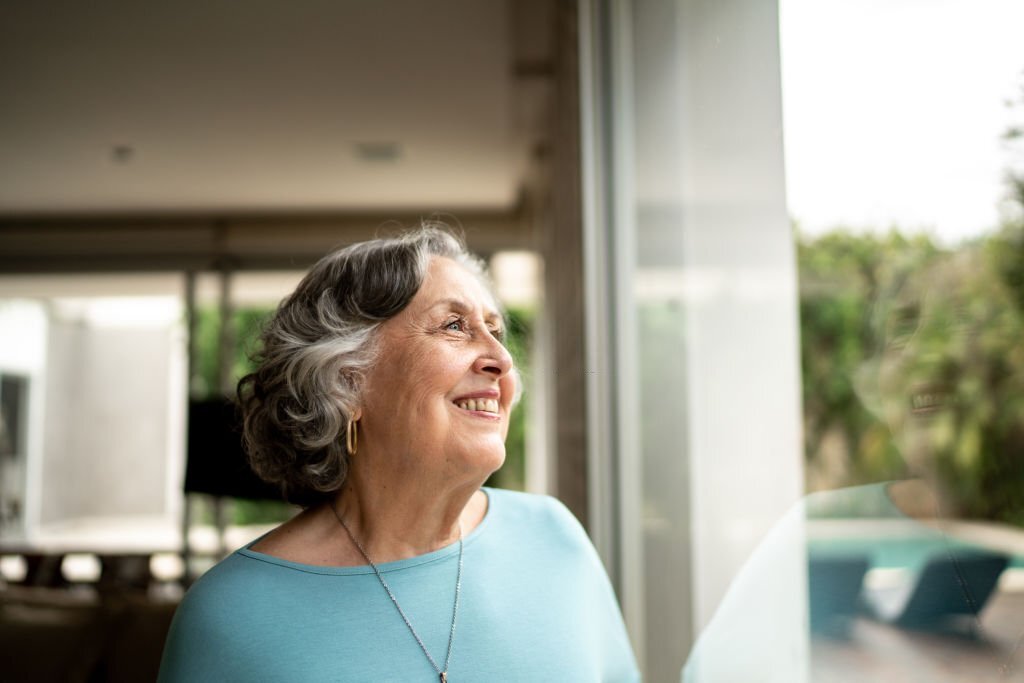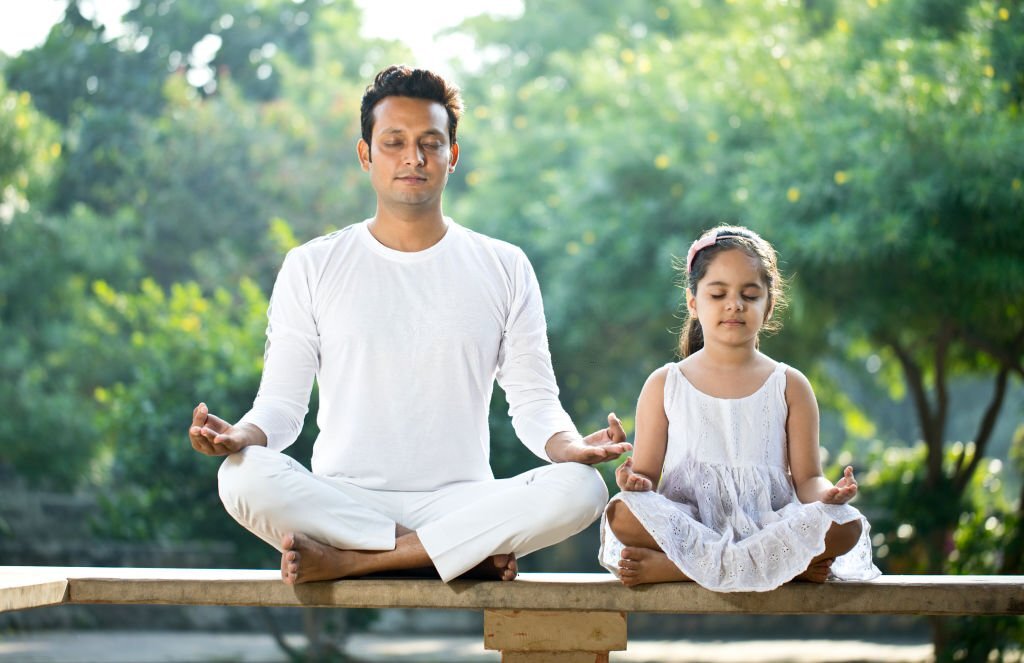Aging is a natural part of life that brings changes to our bodies and minds.It becomes a necessity to give priority to our physical and mental well-being along with growing older. Yoga, with its holistic approach, offers a multitude of benefits that can help us stay fit, balanced, and vibrant as we age. In this blog post, we will explore about yoga and aging alogn with the profound impact of yoga on healthy aging, discussing the specific ways in which it contributes to physical strength, flexibility, mental clarity, and emotional well-being.
Table of Contents
Understanding the Aging Process
Common Challenges and Concerns Aging brings about various physical changes that can impact our daily lives. We may notice reduced flexibility and mobility, making it harder to perform everyday tasks. Declining strength and muscle mass can affect our overall physical capabilities. Additionally, mental and emotional shifts, such as cognitive function and emotional well-being, may undergo changes. By understanding these common challenges, we can better appreciate the role that yoga can play in addressing them.
Benefits of Yoga for Healthy Aging

Yoga offers a plethora of benefits that are particularly relevant for healthy aging. First and foremost, it enhances flexibility and joint health, helping to maintain a wide range of motion and ease of movement. Moreover, through various poses and exercises, yoga helps to preserve strength and muscle tone, enabling us to maintain our physical independence. Yoga also improves balance and stability, reducing the risk of falls and promoting confidence in our movements. Furthermore, it supports bone health by stimulating bone density and reducing the risk of osteoporosis. Additionally, yoga has a positive impact on cognitive function and mental clarity, promoting overall brain health and reducing the risk of age-related cognitive decline. Moreover, the practice of yoga incorporates mindfulness and relaxation techniques, helping to manage stress and promote emotional well-being.
Yoga Practices for Aging Gracefully
To reap the benefits of yoga as we age, it’s important to adopt specific practices that cater to our changing needs. Gentle yoga and modified poses provide a safe and accessible way to engage in the practice, accommodating any physical limitations we may have. Chair yoga is an excellent option for those with limited mobility or individuals who prefer a seated practice. Balance and stability exercises help to improve coordination and prevent falls. Strength-building asanas target major muscle groups, helping to maintain strength and muscle tone. Breathing techniques for relaxation and focus, as well as mindfulness and meditation practices, support mental and emotional well-being.
How to Incorporate Yoga into Daily Routine?
Establishing a consistent yoga practice is key to experiencing its full benefits. Starting slowly and listening to your body allows for a gradual and sustainable progression. Finding local yoga classes or workshops provides guidance, community, and accountability. For those preferring to practice at home, online resources offer a wide range of yoga classes and tutorials. Modifying poses and sequences to suit your individual needs ensures a safe and enjoyable practice.
Precautions and Safety Tips for Aging Yogis While yoga is generally safe for most people, it’s important to take precautions as we age. Consulting with a healthcare professional before starting or modifying a yoga practice is highly recommended. Practicing mindful alignment and adaptation in poses helps prevent injuries. Using props such as blocks, straps, and bolsters provides additional support and enhances stability. Being aware of our physical limits and respecting our body’s capabilities is crucial. Honoring rest and recovery allows our bodies to rejuvenate and prevents overexertion.
Embracing Yoga as a Lifelong Practice
Yoga is not just a short-term endeavor; it’s a lifelong journey. Embracing patience and self-compassion as we navigate our yoga practice helps us accept and appreciate where we are at each moment. Emphasizing the present moment, rather than focusing solely on achieving specific outcomes, cultivates a sense of mindfulness and fulfillment. Finding joy in the journey, celebrating our progress and achievements, and embracing yoga as an integral part of our lives contribute to long-term well-being and vitality.
Conclusion
Aging gracefully requires a holistic approach to health and well-being. Yoga offers a comprehensive system that addresses the physical, mental, and emotional aspects of healthy aging. By incorporating yoga into our daily routines, practicing mindfully, and adapting the practice to our individual needs, we can experience the profound benefits that yoga provides. Embrace yoga as a lifelong practice and enjoy the journey of staying fit, balanced, and vibrant as you age.
Frequently Asked Questions (FAQs)
Can I start practicing yoga even if I’ve never done it before?
Ans: Absolutely! Yoga is accessible to everyone, regardless of age or experience. Start with beginner-friendly classes or tutorials and progress at your own pace.
What if I have limited mobility or physical limitations?
Ans: Chair yoga and modified poses are excellent options for individuals with limited mobility. Work with a qualified yoga teacher who can help tailor the practice to your needs.
Can yoga help with age-related conditions such as arthritis or osteoporosis?
Ans: Yes, yoga can provide relief and improve symptoms associated with age-related conditions. However, it’s important to consult with your healthcare provider and work with a knowledgeable yoga instructor to ensure safety and proper modifications.
I’m worried about falling during yoga. What can I do?
Ans: Balance and stability exercises in yoga can help improve your overall coordination and reduce the risk of falls. Start with poses that provide support, such as using a wall or a chair, and gradually progress as your balance improves.
Can yoga help with memory and cognitive function?
Ans: Yes, yoga’s combination of physical movement, breathwork, and meditation has been shown to enhance cognitive function and improve memory. Regular practice can support brain health and reduce the risk of age-related cognitive decline.








